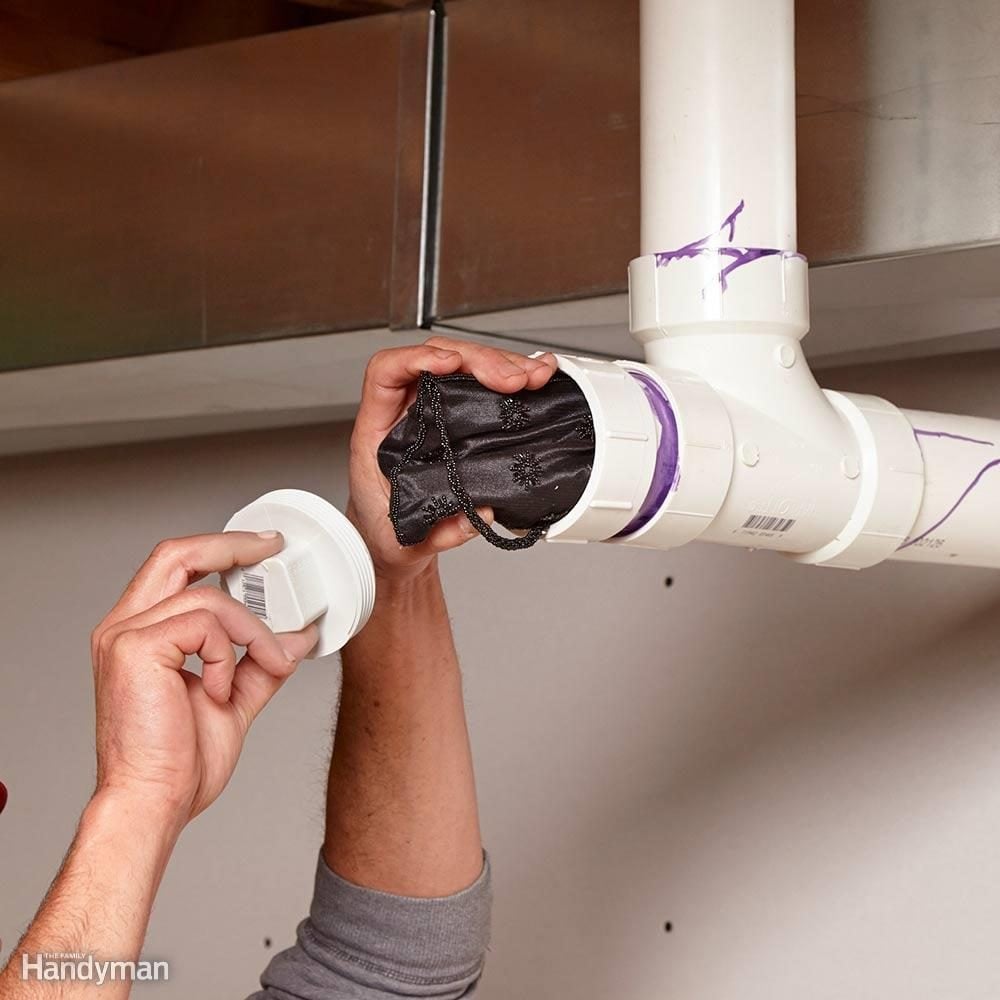Right here below yow will discover additional extremely good information and facts in relation to How to Prevent Frozen Pipes.

All homeowners who stay in temperate environments must do their best to winterize their pipelines. It is something you need to do throughout autumn prior to deep wintertime really starts. Failing to do so can lead to calamity like frozen, fractured, or ruptured pipes. If the weather condition exterior is shocking, right here are some useful winterizing hacks to keep your plumbing system safeguarded even.
Switch on the Faucets
When the temperature level drops and also it appears as if the freezing temperature level will last, it will certainly aid to turn on your water both inside your home and also outdoors. This will certainly keep the water moving via your plumbing systems. You'll end up losing gallons of water this means.
Open Up Closet Doors Hiding Plumbing
When it's chilly outside, it would be valuable to open closet doors that are camouflaging your pipes. Doing this little technique can keep your pipelines cozy and also restrict the possibly dangerous outcomes of freezing temperatures.
Require Time to Cover Exposed Piping
One easy and also great hack to heat up cold pipes is to cover them with cozy towels. You can cover them first with towels. After securing them in place, you can put boiling water on the towels. Do it slowly to let the towels soak up the liquid. You can also use pre-soaked towels in hot water, simply don't forget to use protective handwear covers to guard your hands from the warm.
Try a Hair Dryer or Warm Gun
When your pipelines are practically freezing, your dependable hair dryer or heat weapon is a godsend. Bowling warm air straight into them might help if the warm towels do not help remove any resolving ice in your pipes. Nonetheless, do not use various other objects that create direct fires like an impact torch. This can cause a larger disaster that you can not manage. You may wind up damaging your pipelines while trying to thaw the ice. As well as in the long run, you may also wind up shedding your house. So be cautious!
Shut down Water When Pipelines are Frozen
Switch off the main water valve quickly if you discover that your pipes are totally icy or almost nearing that stage. You will usually discover this in your cellar or laundry room near the heating unit or the front wall surface closest to the street. Turn it off right away to avoid additional damage.
Don't fail to remember to close outside water sources, too, such as your hookup for the garden house. Doing this will certainly prevent additional water from filling up your plumbing system. With more water, more ice will certainly pile up, which will eventually lead to burst pipes. If you are unsure about the state of your pipes this wintertime, it is best to call a specialist plumber for an inspection. Taking this proactive approach can conserve you thousands of bucks out of commission.
All house owners who live in pleasant environments should do their best to winterize their pipelines. Failing to do so can mean catastrophe like frozen, fractured, or ruptured pipes. If the hot towels do not aid remove any settling ice in your pipelines, bowling hot air straight right into them might help. Transform off the major water shutoff immediately if you see that your pipelines are completely icy or nearly nearing that stage. With even more water, more ice will certainly stack up, which will eventually lead to break pipes.
PREVENT YOUR PIPES FROM FREEZING THIS WINTER
A Leading Cause of Property Damage
When the weather is taking a deep nose dive into the cold dreary days, the risk of your pipes freezing and potentially bursting skyrockets. Unfortunately, during these cold dreary months, burst pipes are the most common denominator for property damage. The pipes that are most at the risk are those that are in areas where it is most cold in your home. For instance, pipes located in interior places such as basements, attics, and your garage. Unfortunately, that doesn’t mean that the pipes running through your cabinets or exterior walls can’t freeze. Good news, however, is that you can do things to help prevent pipes from freezing.
How to Prevent Pipes From Freezing
Once the temperature starts to drop during the winter, you should be taking the proper measures needed to ensure that your pipes stay warm and that there is circulation of water through them. Some steps that experts may recommend could go against your better judgement when it comes to saving water and heat. However, it would go without saying that when expenses are compared, damaged pipes could put a bigger dent in your wallet than a water bill.
What Can I Do?
Keep your garage door closed. This is very important, especially if you have water supply lines running through your garage. Open your kitchen and bathroom cabinets to allow warm air to circulate through them. Allow air circulation throughout your home. Keeping the interior doors open will once again allow the warm air to circulate inside your home. Ensure your thermostat is running the same temperature throughout the night and day. If you plan to be away from home during the cold months, set your temperature no lower than 55° F. This should provide enough heat to keep the pipes warm and prevent any remaining water inside the pipes from freezing. For more of a long-term solution, add insulation to attics, basement, and other crawl spaces around your home. By allowing your faucet to drip, it will alleviate pressure in the system. This is important because the pressure that is created between the blockage and the faucet can potentially cause the pipes to burst. Allowing the faucet to drip will prevent the pressure from building up, therefore keeping the pipes from bursting. Seal any cracks, openings, and crawl spaces around your home to prevent cold air from coming inside. This keeps your pipes-not to mention your home-warmer and less susceptible to issues caused by freezing temperatures. For the pipes in your home that are easily accessible, applying electrical tape to them might prevent them from freezing over. This is a quick fix, as you can apply the tape directly to the pipe. There are two options for heating tapes. One turns on and off by itself when it senses heat is needed. The other type of heating tape needs to be applied when heat is needed and removed when not necessary. If you have exposed pipes in your home, you can check this website to take a look at a few options that would be available at a shop near you.

Do you appreciate more info about How to stop pipes from freezing during the winter? Create a remark directly below. We'd be glad to find out your thoughts about this review. We hope that you visit us again in the future. Appreciated our write up? Please share it. Help someone else discover it. Thank you for your time. Come back soon.
Visit My Web Page